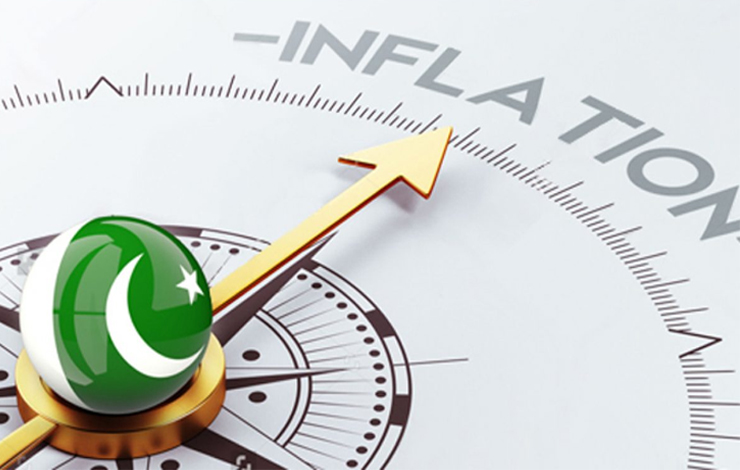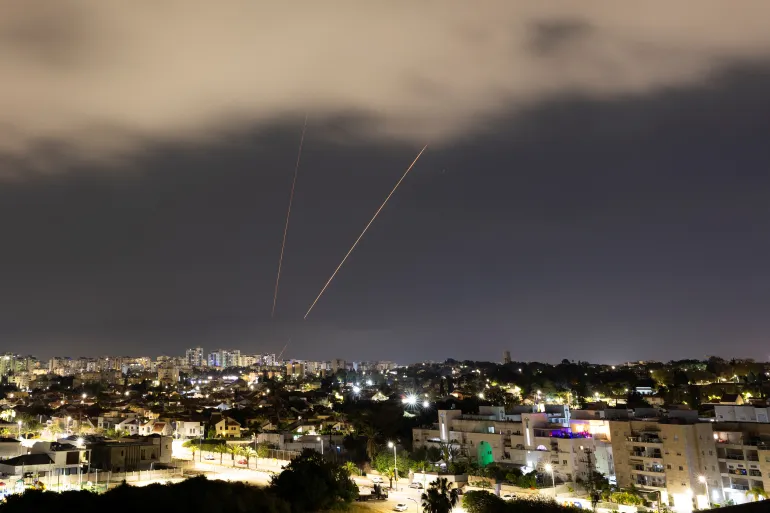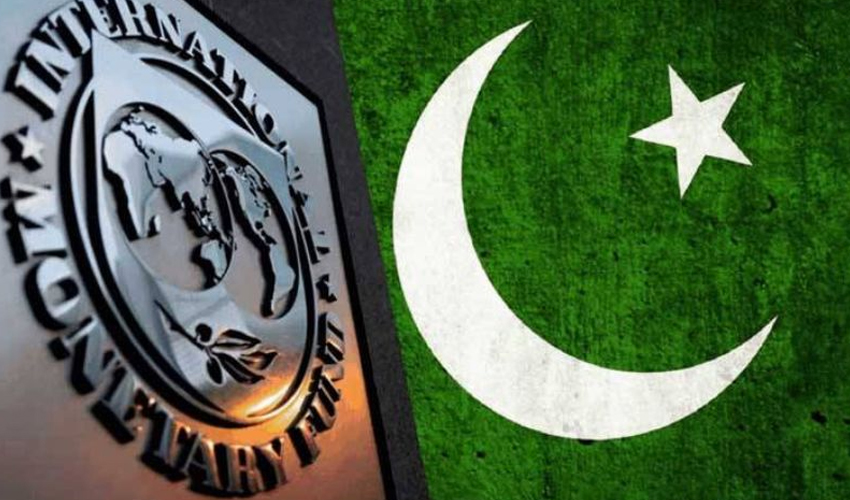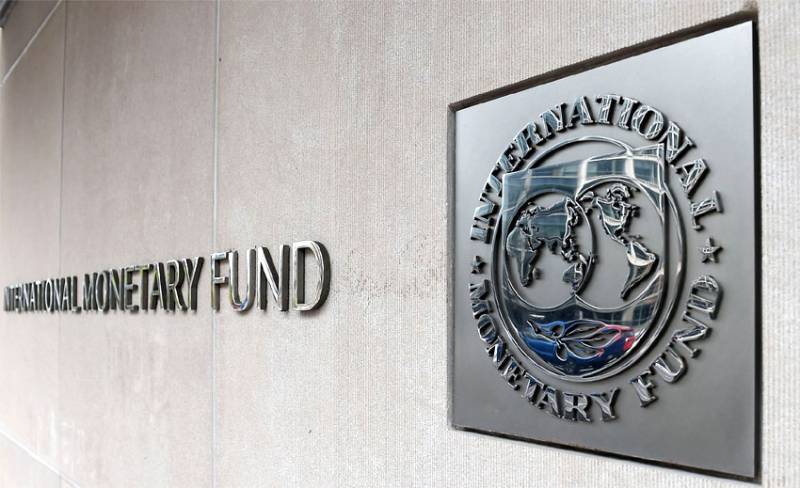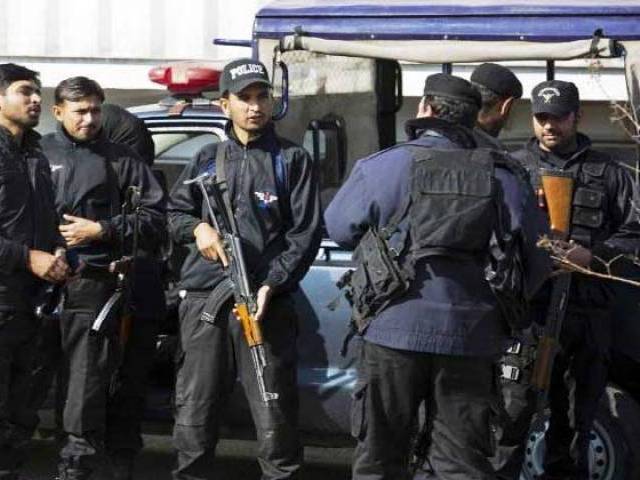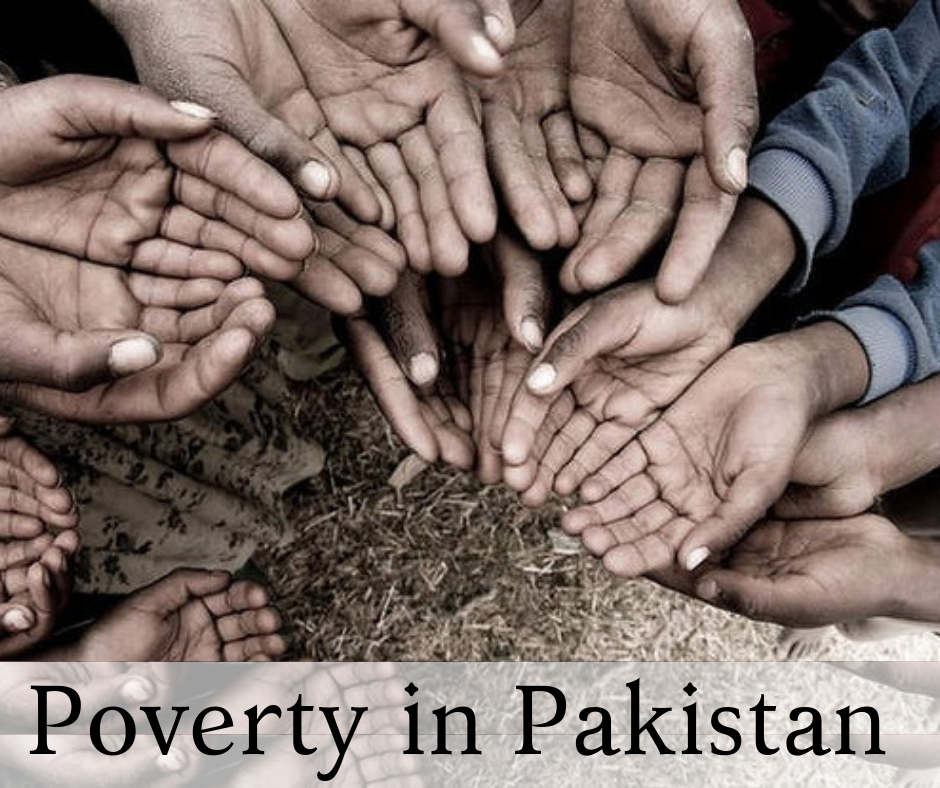EDITORIAL:
Hosting multilateral summits is a matter of tremendous prestige for nations, as it brings together global leaders to engage in discussions on pressing global issues. While the Covid-19 pandemic forced many of these gatherings into the virtual realm, the decline in cases worldwide has allowed for a return to face-to-face interactions. However, it raises eyebrows that India, slated to host the in-person SCO summit in July, has opted for a virtual format. It is intriguing why personal exchanges between world leaders are being substituted with mere Zoom meetings. The Indian external affairs ministry has remained tight-lipped about the decision, leaving room for speculation that Delhi may have had reservations about hosting leaders from Russia, China, and Pakistan in person. Until the organizers shed light on the matter, these conjectures will persist.
The impact of a physical summit cannot be undermined, for it transcends the confines of a virtual gathering. In-person meetings foster an atmosphere of camaraderie and allow for subtle interactions that cannot be replicated through screens and cameras. A firm handshake, a shared glance, or an impromptu conversation during a coffee break can often lead to breakthroughs and consensus building. The human element, encompassing body language, facial expressions, and gestures, adds depth and nuance to diplomatic negotiations. A Zoom call, on the other hand, dilutes these elements, reducing the interaction to a mere exchange of words and images on a screen.
It is perplexing that India, known for its cultural richness and warm hospitality, would shy away from hosting world leaders on its soil. The decision to opt for a virtual summit raises questions about the underlying motivations. Could it be a reluctance to engage with certain leaders face-to-face, especially those from Russia, China, and Pakistan? Are there concerns about the potential challenges and sensitivities that an in-person summit might entail? While these speculations may seem far-fetched, the lack of transparency from the Indian external affairs ministry fuels such theories.
In an era where personal diplomacy plays a pivotal role in international relations, the significance of hosting physical summits cannot be overstated. Leaders from different nations come together not only to discuss policy matters but also to forge personal connections and build trust. These bonds of camaraderie and mutual understanding lay the foundation for future collaborations and cooperation. A virtual setting, while practical in the face of a pandemic, cannot replicate the intangible aspects of interpersonal dynamics that shape international relations.
The decision to host a virtual summit also raises concerns about the potential missed opportunities for India. As the world looks to emerging powers like India to play a more significant role on the global stage, hosting in-person summits is an opportunity to showcase the nation’s progress and aspirations. It provides a platform to project India’s leadership and engage with the international community on a grand scale. By opting for a virtual format, India may inadvertently miss out on the chance to leave a lasting impression and demonstrate its commitment to global cooperation.
While virtual meetings have become the norm in these extraordinary times, one cannot ignore the charm and impact of in-person interactions. The buzz and excitement of a summit, the vibrant exchange of ideas, and the chance encounters that can shape history are elements that cannot be replicated in the virtual realm. It is crucial for organizers to weigh the pros and cons carefully before deciding on the format of such important gatherings. Transparency in decision-making is equally vital to dispel any doubts and reductive characterizations.
When it comes to Russia, while India continues to engage in trade with Moscow, perhaps the prospect of hosting Vladimir Putin did not sit well with India’s Western allies. Hence, Delhi’s decision to pivot to a virtual format, attempting to avoid further offense to Washington and Brussels. As for China, the relationship has been icy, with a Himalayan border dispute escalating into fatal clashes between troops on multiple occasions in recent years. In fact, Narendra Modi recently expressed the need for “peace and tranquility in the border areas” to foster normal bilateral ties with Beijing. Thus, moving the SCO summit online could be seen as a subtle snub aimed at Xi Jinping. The looming question remains: will Mr. Putin and Mr. Xi attend the G20 summit later this year, also slated to be hosted by India? Turning our attention to Pakistan, the BJP leadership would not have been comfortable with a cordial exchange between Mr. Modi and Shehbaz Sharif in Delhi under the SCO’s umbrella. With India’s general election scheduled for 2024, the BJP will undoubtedly aim to maintain a tough stance on Pakistan to appease its ardent supporters. Moreover, the reception given to Bilawal Bhutto-Zardari during the SCO foreign ministers’ gathering in May by the Indian side was rather chilly, leaving no indication that the prime minister would have received a warmer welcome. Ultimately, the presence of such prominent world leaders in Delhi would have made sensational headlines, but a virtual summit is unlikely to generate similar waves of attention.
Delving into the depths of this puzzling decision, it becomes evident that geopolitical considerations and diplomatic intricacies played a significant role. The subtle dance between India’s alliances and its aspirations for regional influence cannot be overlooked. The decision to go virtual, masked in the guise of pandemic precautions, may have deeper implications and intentions. It is a delicate balancing act that India is treading, carefully maneuvering to preserve its relationships with both East and West while attempting to assert its own interests.
In the realm of Russo-Indian relations, where trade and cooperation persist, the choice to avoid a physical meeting with President Putin can be seen as an attempt to assuage concerns from India’s Western partners. It is a strategic move to ensure that the delicate equilibrium between global powers remains intact. Hosting the Russian leader in person may have raised eyebrows and triggered suspicions, potentially straining India’s bond with the West. By shifting gears to a virtual format, India successfully sidesteps any potential controversies and maintains a harmonious facade.
Similarly, the strained ties between India and China have been a cause for concern. The border dispute in the Himalayas has left scars that are not easily healed. Prime Minister Modi’s emphasis on the need for peace in the region echoes the desire to restore normalcy in bilateral relations. By transitioning the SCO summit to a virtual platform, India may be signaling its discontent with China’s actions, subtly expressing its reservations and asserting the importance of a peaceful resolution. It is a calculated message to Beijing, a reminder that India will not acquiesce to aggression and will protect its territorial integrity.
Subscribe our website for latest updates:
https://republicpolicy.com/shop/
Read More






































